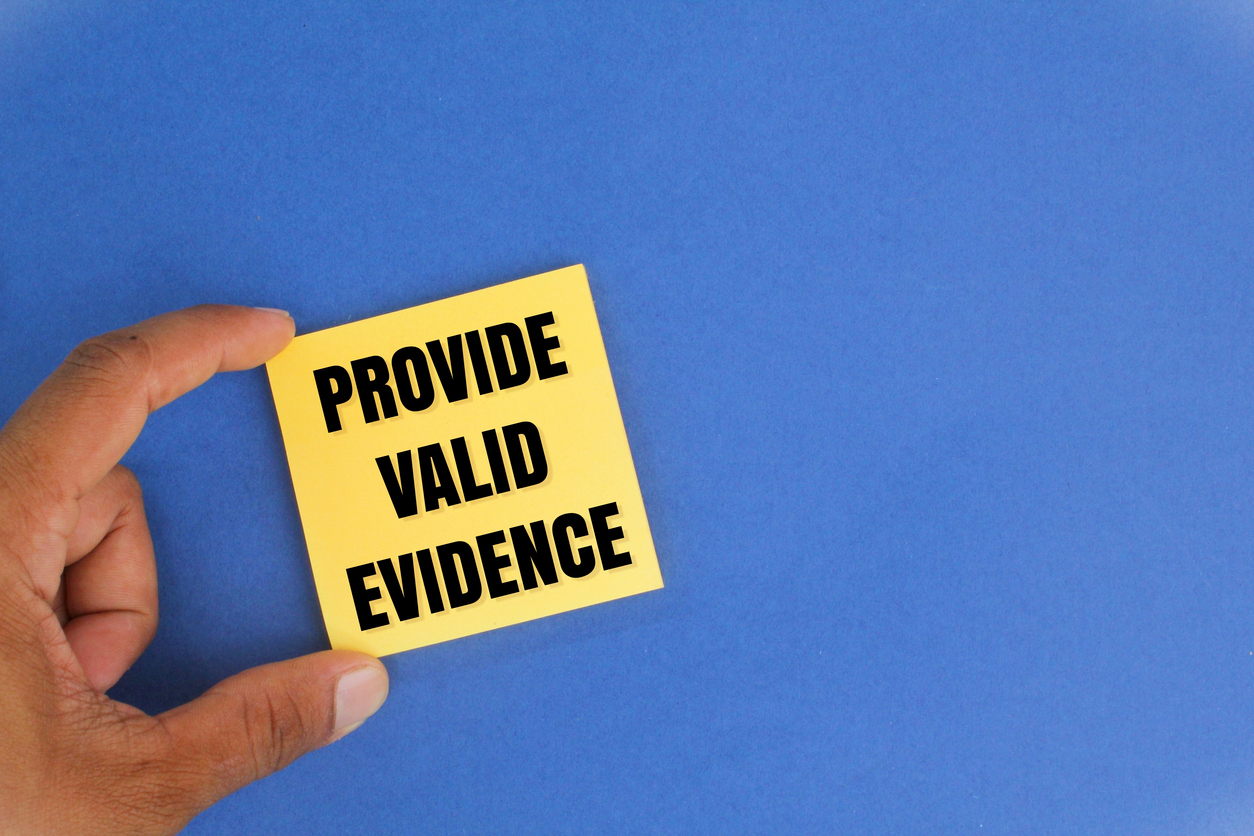A little over seven months have passed since the Supreme Court of Florida heard oral arguments from the attorneys for Citizens Property Insurance Corporation and Perdido Condominium Association. For those readers who are not familiar with what lead to the issue coming before the state’s supreme court, the case stems from a decision by Florida’s First District Court of Appeal in Perdido Sun Condominium Association v. Citizens Property Insurance Corporation,1 where the appellate court held that the “willful tort” statutory exception to Citizens’ immunity applied to statutory first-party bad faith claims. In the opinion, the First DCA also certified the following question to be "of great public importance":
Whether the immunity of Citizens Property Insurance Corporation, as provided in Section 627.351(6)(s), Florida Statutes, shields the corporation from suit under the cause of action created by Section 624.155(1)(b), Florida Statutes[,] for not attempting in good faith to settle claims?
Last week, the Florida Supreme Court issued its ruling on the issue. In what appears—at least at first glance—to be a blow to Florida policyholders, policyholder representatives, and consumer advocates, the court answered the question presented by the lower appellate court in the affirmative, concluding that "a statutory first-party bad faith cause of action under section 624.155(1)(b) is not an exception to the immunity granted to Citizens by the Legislature."
As I predicted in my last blog post on this topic, this portion of the opinion was based almost entirely on whether the court believed Florida lawmakers intended to make Citizens immune from liability for bad faith claims. In fact, the first sentence of the ruling framed the issue as "whether the Florida Legislature intended Citizens Property Insurance Corporation . . . to be liable for statutory first-party bad faith claims as an exception to its statutory immunity from suit."
Justice Pariente authored the ruling with Justices Quince and Perry and Chief Justice Labarga concurring, and Justices Lewis, Canady, and Polston concurring in the result. If you watched the oral arguments in October 2014, you may recall that Justice Pariente at one point commented to the attorney for Perdido Sun, "I’m with you on wanting this to be something that’s imposed on Citizens, but we can’t do it in the absence of the legislature not doing it." This observation turned out to be the main focal point of the beginning of the May 2015 decision, and the supreme court ultimately determined:
If the Legislature had intended to exempt first-party bad faith claims from Citizens’ statutory immunity, listing this category within section 627.351(6)(s)1. would have been a simple and explicit way to indicate this. Certainly, the Legislature knew how to accomplish an exception to the immunity because it created a specific exception to the immunity for attorney’s fees, as authorized by section 627.428, Florida Statutes. See § 627.351(6)(s)1.e., Fla. Stat.
It may appear to some that the opinion merely points the finger at lawmakers for being the reason behind the court issuing a ruling against the policyholder. However, based on the comments from the Justices and the court’s ruling, it seems to me that the court truly agrees Citizens should be held accountable to its insureds for acting in bad faith, but believes that its hands are tied, unless the Legislature includes first-party bad faith claims in the list of exceptions to Citizens’ statutory immunity within section 627.351(6)(s)1. I would not only suggest reading the court’s written opinion, but also watching the oral arguments and reviewing the briefs to get fully informed on the issues surrounding this case and form your own opinion.
During oral arguments, Justice Canady noted that he was "interested to look back in your brief and find the specific textual provision that says that there is an identical treatment of Citizens policyholders with private company policyholders . . . [and then] see how that squares with what we’ve been looking at here." Interestingly, this point was not addressed in the opinion.
The opinion instead focuses on the five exceptions to the statutory immunity granted to Citizens by the Florida legislature in Section 627.351(6)(s)1., Florida Statutes (2009). After determining that the legislature must have intentionally left out bad faith actions as one the exceptions, the court considered the First District’s holding that the statutory cause of action for first-party bad faith is a “willful tort” (which is a recognized exception). The court disagreed with this conclusion, however, and instead adopted the Fifth District’s opposing view, expressed in Citizens Property Insurance Corporation v. Garfinkel,2 that "a first-party bad faith claim cannot be wedged into the statutory exception for willful torts because it is not a tort of any variety.”
The opinion, however, concludes by making one final point (perhaps intentionally) which leaves the door for future claims against Citizens for acting in bad faith at least partially open. The court notes how it "has previously recognized" that "where a plaintiff claims a defendant engaged in egregious and outrageous actions, bad faith can be elevated to a willful tort" which is "an issue that could turn on the facts of the case.” Here, the court explained, Perdido Sun’s complaint was solely a statutory first-party bad faith action under section 624.155 and no additional allegations of willful misconduct outside the statutory bad faith claim were alleged. It appears dismissal of an action would not be warranted where specific allegations of willful misconduct—aside from those made to preserve a right to add a count of punitive damage—are alleged in the complaint. It will be interesting to see how Florida courts will interpret this opinion and the case law that will surely develop from this issue.
1 Perdido Sun Condominium Association v. Citizens Property Insurance Corp., 129 So. 3d 1210 (Fla. 1st DCA 2014).
2 Citizens Property Insurance Corp. v. Garfinkel, 25 So. 3d 62 (Fla. 5th DCA 2009).



